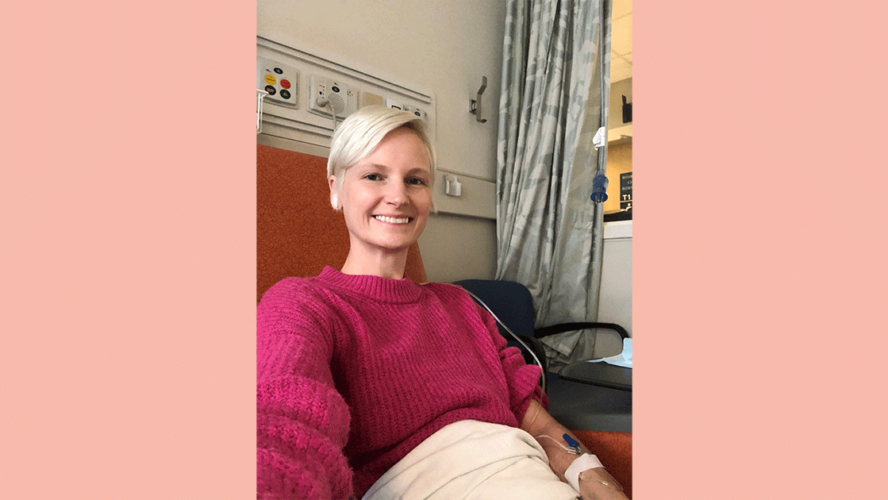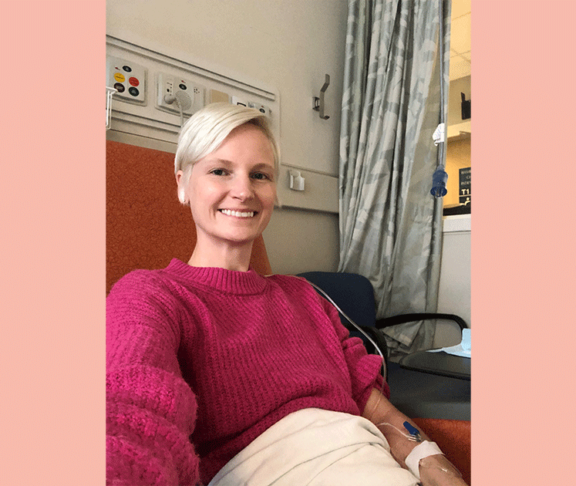Six terrifying weeks, wondering if I would live or die, had come to an end. I would meet my oncologist, receive my pathology results, and get a treatment plan. The darkest days of my life were behind me and I had emerged optimistic. I had done my research. The odds were in my favour. I could beat this… unless I had triple negative breast cancer (TNBC), but that was highly unlikely.
“Your cancer is triple negative”, she said. Hope gone in an instant. My worst-case scenario had come to be.
The wait for results and prognosis had me in a state of panic. I knew not to Google but the need for information was overwhelming. I didn’t know that TNBC existed until I searched the internet. From my search, I gathered that it was aggressive and there were few treatment options (there are more now!). The fact that it’s the most likely to metastasize within the first five years was what scared me most. Finding out that its uncommon and that I didn’t have a lot of risk factors was a relief.
I was resigned to having a lumpectomy and radiation but because I had TNBC I also needed chemotherapy. Because its aggressive, I was told that it’s almost always treated with chemo regardless of tumour size or lymph node status. WORST-CASE SCENARIO.
TNBC is associated with BRCA mutations, so I was referred for genetic testing. After another excruciating wait, I found out I have a BRCA1 mutation. On top of worrying about myself, I now worried about my four daughters. Each one has a 50% chance of carrying the mutation. WORST-CASE SCENARIO.
Due to the mutation, I required more surgery. I was advised to have both breasts removed to prevent future occurrences and my ovaries and fallopian tubes removed to prevent ovarian cancer. BRCA1 carriers have up to a 45% chance of getting ovarian cancer. I was told to have the surgery before I turned 40. I was 39. WORST-CASE SCENARIO.
The road to recovery has been long. Receiving the initial diagnosis felt like the worst-case scenario and it got even worse as I went along. However, unlike my mom who died at 62, I’m alive. I survived chemo, radiation, seven surgeries, two hospitalizations for post-operative infections, a clinical trial, and countless other hurdles that my pre-cancer self never fathomed. I’ve been cancer free for five years and have lots to be grateful for. My doctors told me that after five years, it’s unlikely that my cancer will return. Finally, a best-case scenario.
You can learn more about the unique needs of those with triple negative breast cancer (TNBC) in the report “The Canadian Breast Cancer Network’s TNBC Project: Identifying the informational, educational and support needs of Canadians diagnosed with triple-negative breast cancer.” Rebecca Dahle participated as an advisory member for CBCN’s TNBC Project.


